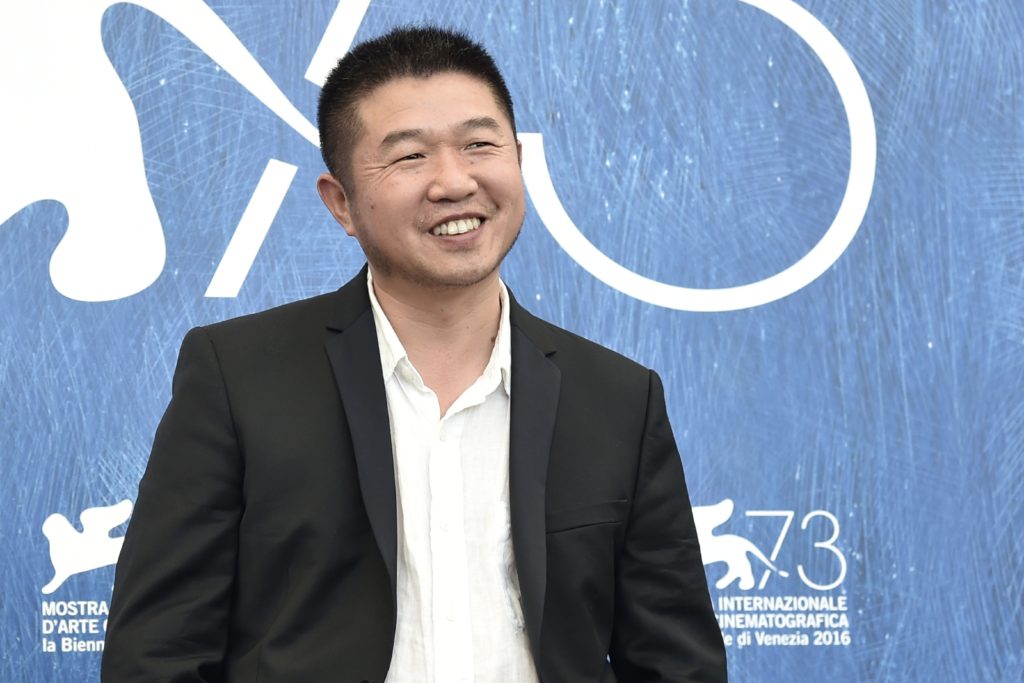Art World
Wang Bing Nabs the 2017 EYE Art and Film Prize
He follows in the footsteps of Hito Steyerl and Ben Rivers.

He follows in the footsteps of Hito Steyerl and Ben Rivers.

Caroline Elbaor

Chinese artist Wang Bing has been named the winner of the 2017 EYE Art and Film Prize, following in the footsteps of previous recipients Hito Steyerl and Ben Rivers.
For the award, Wang will receive £25,000 ($31,000) to go towards the creation of a new work. In spring 2018, Amsterdam’s EYE Filmmuseum will present an exhibition of the work of Wang, Steyerl, and Rivers—the three artists who have won the prize since its inception in 2015.
Wang, a leading figure in Chinese cinema, began his career as an independent filmmaker in 1999 after studying cinematography at the Beijing Film Academy. He first made waves in 2003 with his documentary West of the Tracks, a nine-hour film detailing the economic decline of the once-vibrant Tiexi district in the Chinese city of Shenyang.
The Beijing-based artist’s 2012 film Three Sisters won the award for Best Film in the Orizzonti category—a section which honors emerging film-making—at the 69th Venice International Film Festival. His films have gone on to be screened at the Cannes Film Festival, Venice International Film Festival, Berlin International Film Festival, and International Film Festival Rotterdam.
In 2014, Wang was the subject of a retrospective staged at the Centre Pompidou in Paris and the Cinémathèque Royale de Belgique in Brussels. He is slated to participate in this year’s hotly-anticipated documenta 14, opening on April 8.
The EYE Prize is considerably young, created in 2015 with the purpose of honoring those whose work successfully merges art and film-making.
This year’s jury included Sandra den Hamer, CEO of EYE; the artist Isaac Julien; Andrea Lissoni, Curator of Film and International Art at the Tate Modern; advisor and collector Martijn Sanders; Olivia Stewart, Trustee of the Paddy and Joan Leigh Fermor Arts Fund; and screenwriter and director Béla Tarr.
“With his uncompromising way of working, Wang Bing is a sincere and authentic artist, who shows his engagement with today’s society and his perspective on the human condition,” Ms. den Hamer said in a statement.
“While political and outspoken, Wang Bing doesn’t push viewers to accept his perspective, rather, his beautiful, brave work leaves room for interpretation,” she concluded.